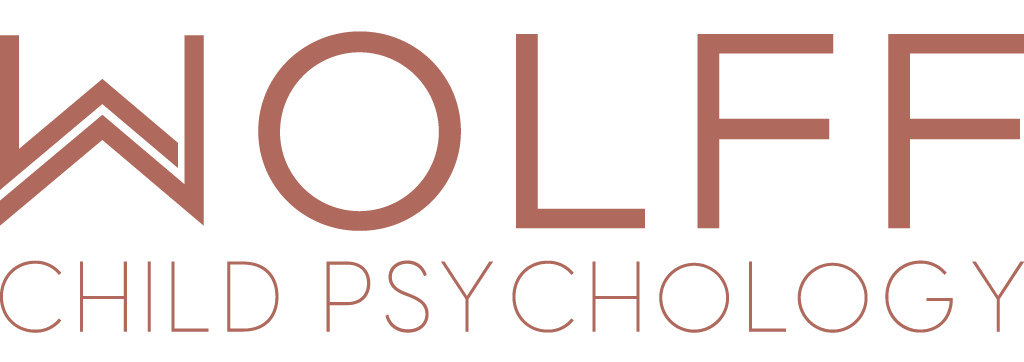Giftedness
There is no uniform definition of giftedness in research or diagnostic manuals. In fact, there are many ways to view giftedness. Some experts consider giftedness as asynchronous development; others as heightened abilities to see patterns and reason; and still others as advanced abilities or potential in specific domains. The Exceptional Children’s Education Act (ECEA) in the state of Colorado defines gifted children as those “whose aptitude or competence in abilities, talents, and potential for accomplishment in one or more domains are so exceptional or developmentally advanced that they require special provisions to meet their educational programming needs. Gifted students include…students with exceptional abilities or potential from all socio-economic, ethnic, and cultural populations.” Children in Colorado can be considered gifted when they are “capable of high performance, exceptional production, or exceptional learning behavior” in a series of multiple domains: overall cognitive abilities, specific cognitive abilities (e.g., visual-spatial skills), specific academic aptitude, creativity, leadership abilities, and/or the arts (i.e., visual, performing musical, or psychomotor). Some even consider giftedness to come alongside overexcitabilities or intensities in intellectual pursuits, activity levels, social emotional skills, sensory needs, and creativity.
Identification of giftedness requires a qualified mental health or educational professional to gather information about the child, their behavior, and environment. Outside of the schools, a cognitive assessment and/or academic measures are used to identify giftedness. The state of Colorado considers scores of 124 or above (95th percentile) on academic and cognitive measures as “Gifted.” We at Wolff Child Psychology also use this standard.
Evidence-based supports for gifted children begin with understanding their strengths, talents, and interests. Gifted children have better outcomes when able to align their creativity, intensity, and advanced abilities with topics and activities they are passionate about. Often, gifted children benefit from enriched learning opportunities and instruction that is commensurate with their skills. One of the best interventions gifted children can receive is acceleration. Acceleration can occur in a variety of forms; however, the most common is grade acceleration (i.e., skipping a grade or more), attending advanced classes in a specific subject, and moving through academic content more rapidly. Gifted children also benefit from instruction where subjects are integrated.

